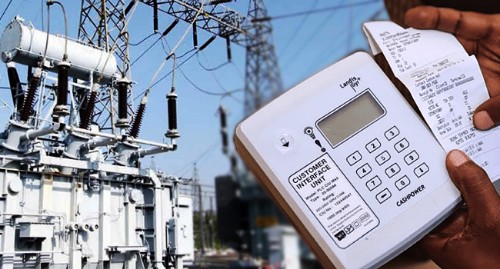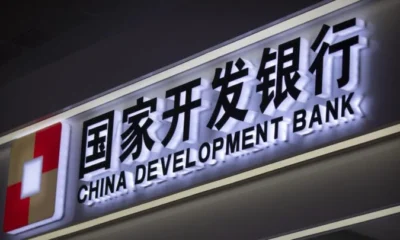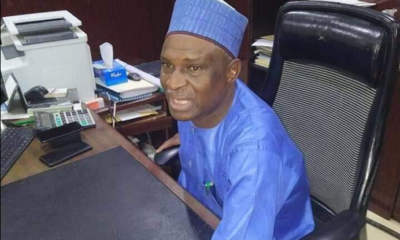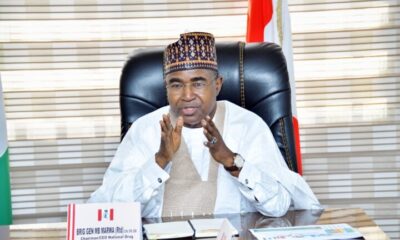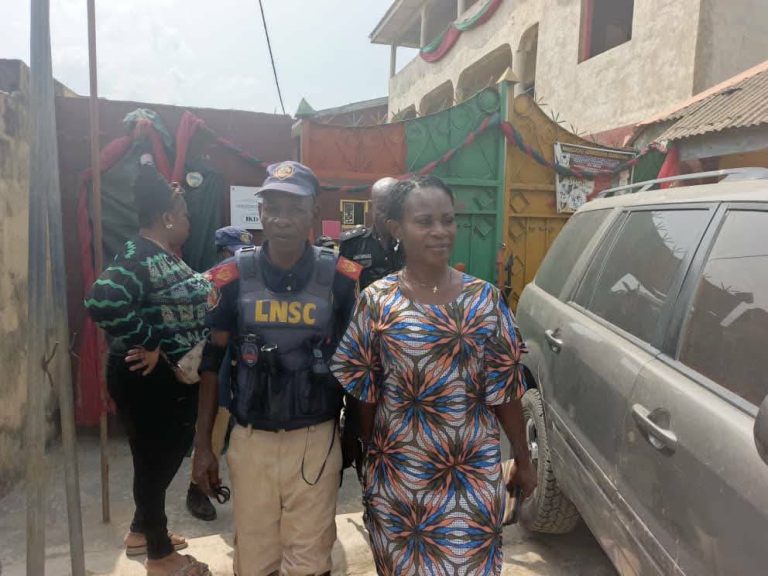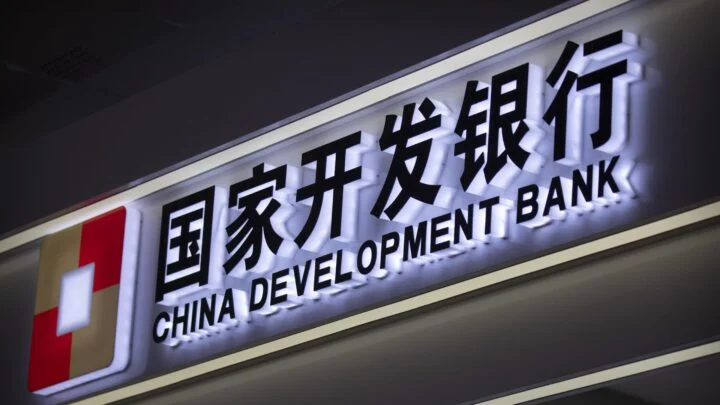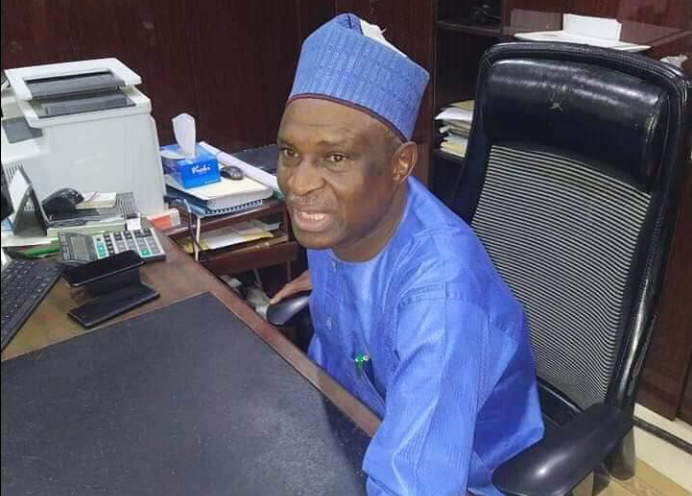Electricity customers on Band A feeders may face a tariff increase due to the rising electricity tariff shortfall, or subsidy.
The Federal Government’s electricity subsidy rose from N102.30bn in May to N181.63bn in September.
In April, the Nigerian Electricity Regulatory Commission removed subsidies for Band A feeders, which had a N140.7bn subsidy.
This change raised tariffs to N225/kWh for Band A customers, who receive at least 20 hours of electricity daily.
The decision sparked outrage among Nigerians, including labour unions and education and health institutions, whose electricity bills tripled.
When the subsidy dropped to N102.30bn in May, the government lowered the Band A tariff to N206.80/kWh. However, the tariff increased to N209/kWh in July as the subsidy rose to N158bn in June.
According to data released by the NERC, the subsidy rose to N163.87bn in July, N173.88bn in August, and N181.63bn in September, fuelling speculations that there may be another tariff increase in the October Multi-Year Tariff Order unless the cost of power generation drops.
It was gathered that the foreign exchange crisis has been the major driver of the electricity subsidy. The NERC put the dollar exchange rate at N1,494.1 in July; 1,564.3 in August; and N1601.5 in September.
According to the regulator, the dollar rate and inflation are the determinants of the cost of power production. In the MYTO order to all the power distribution companies for September, the NERC said, further to Section 23 of the MYTO-2024, the supplementary orders are to reflect the changes in the pass-through indices outside the control of licensees including inflation rates, naira/dollar exchange rate, available generation capacity and gas price for the determination of cost-reflective tariffs.
The naira to the US dollar exchange rate of N1,601.50 to a dollar was adopted for September.
The Nigerian inflation rate of 33.40 per cent for July 2024 as published by the National Bureau of Statistics was applied to revise the Nigerian inflation rate projection for 2024 while the US inflation rate of 2.90 percent for July 2024 was applied to revise the US Inflation rate projection for 2024.
As of September, the NERC maintains the benchmark gas-to-power price of $2.42/MMBTU based on the established benchmark price of gas-to-power by the Nigerian Midstream and Downstream Petroleum Regulatory Authority in line with Section 167 of the Petroleum Industry Act 2021.
The cost of power generation is also being impacted by contracted gas supply and transportation prices outside the domestic gas delivery obligation quantities based on effective gas sale agreements approved by the commission.
When the commission reduced the Band A tariff to N206/KWh in May, its spokesperson, Usman Arabi, said that the reduction was due to the naira appreciation in the foreign exchange market.
It was observed that despite the rise in the cost of power generation, the Federal Government has yet to approve another tariff hike, perhaps due to the current economic hardship in the country, especially with the rise in the cost of premium motor spirit otherwise known as petrol.
For example, in the Abuja Electricity Distribution Company, the commission said the energy delivered was 611 megawatt-hours per hour in April.
The same was delivered from May to September. While the generation cost was N103.9 per kilowatt-hour in April, it dropped to N87.33/KWh in May and rose to N113.69/KWh in September.
The AEDC had a transmission and admin cost of N9.1/kWh in April, N8.9/kWh in May and N9.8/kWh in June. It is N10.4 in September.
It was gathered from the NERC data that the end-user cost-reflective tariff in AEDC was N185/kWh in July; N192.2/kWh in August and N195.5/kWh in September.
Similarly, the end-user allowed tariff was N117.31/kWh in the three months, indicating that despite the rise in the cost of power generation, the NERC pegged the allowed tariffs at the same rate in July, August, and September.
However, it was gathered that the Discos are already complaining over the non-cost-reflective tariffs.
Some of them are currently refusing to off-take electricity allocated to them from the grid, demanding that subsidies be removed in all bands.
A top official of one of the Discos had said that the power companies were finding it difficult to pick the extra energy produced by generation companies because they were not happy with the tariff on other bands apart from Band A.
“As it is now, we are operating at a loss. Yes, they supply more power but this problem could be solved with improved tariff for the other bands and more meter penetration to recover the cost,” the Disco official, who pleaded not to be named due to lack of authorisation to speak on the matter, said.
The Minister of Power, Adebayo Adelabu, recently decried the rejection of power by electricity distribution companies, describing it as regrettable.
According to the minister, generation peaked above 5,000 megawatts recently, but “unfortunately, it had to be ramped down by 1,400MW due to the inability of the Discos to pick the supply.”
Adelabu lamented the development, saying “This is really regrettable considering that the government is on course to increase generation to 6,000MW by the end of the year.”
Adelabu called on power distribution companies to take more energy to prevent grid collapse as the grid’s frequency drops when power is produced and not picked by the Discos.
Credit: The Punch

 BIG STORY3 days ago
BIG STORY3 days ago
 BIG STORY5 hours ago
BIG STORY5 hours ago
 BIG STORY3 days ago
BIG STORY3 days ago
 BIG STORY3 days ago
BIG STORY3 days ago
 BIG STORY1 day ago
BIG STORY1 day ago
 BIG STORY2 days ago
BIG STORY2 days ago
 BIG STORY3 days ago
BIG STORY3 days ago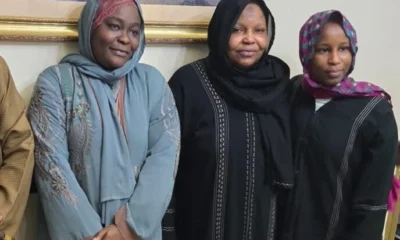
 BIG STORY3 days ago
BIG STORY3 days ago




